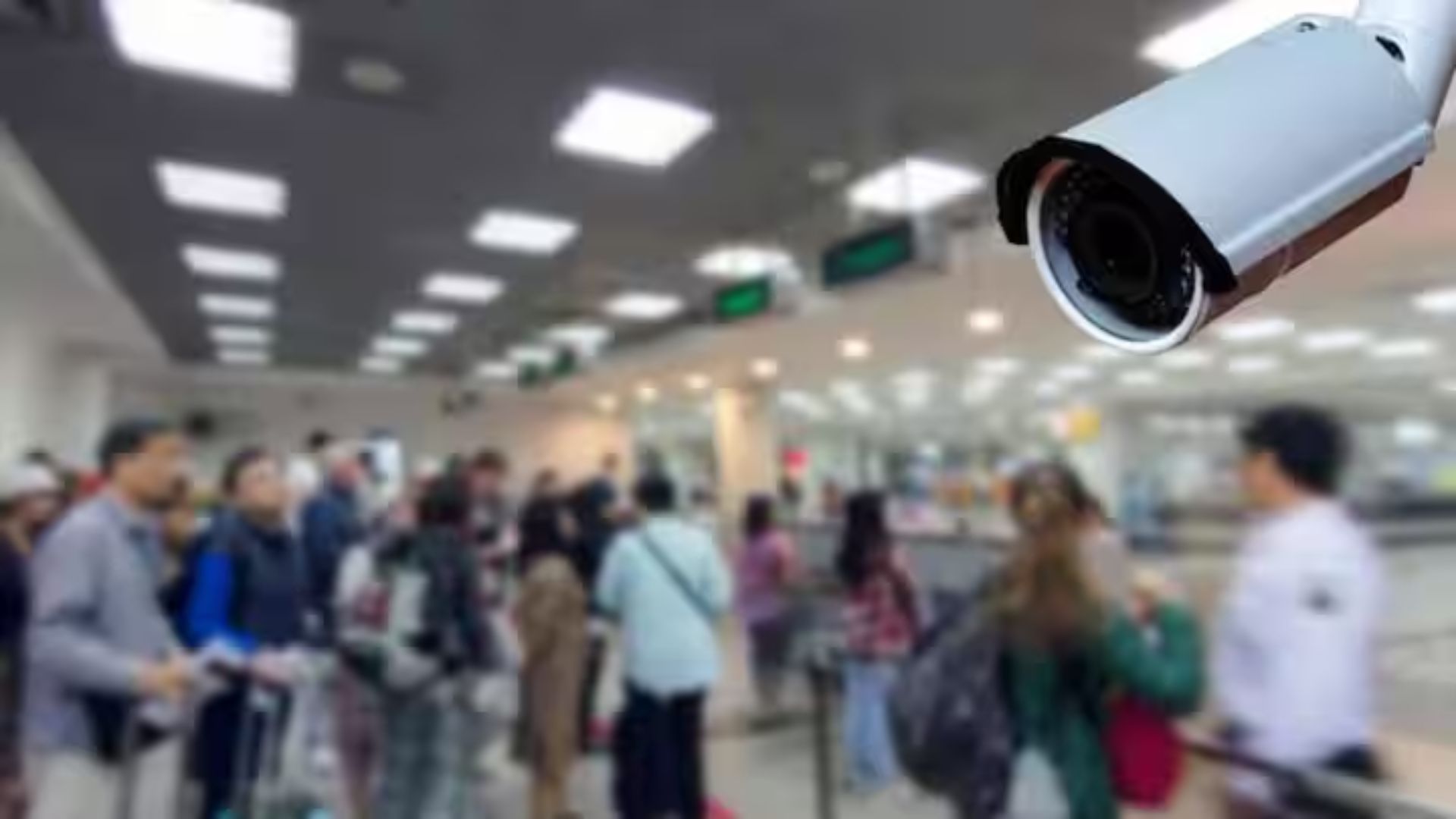NEW DELHI: Abhay Verma, BJP MLA representing Laxmi Nagar, has filed a petition with the Delhi High Court, alleging discrimination in the installation of CCTV cameras by the Delhi government. Verma claims that the Kejriwal administration is focusing camera installations in areas represented by Aam Aadmi Party (AAP) MLAs and councillors, while neglecting areas under Bharatiya Janata Party (BJP) representatives. The case is set for a hearing before a bench led by the Acting Chief Justice on August 27.
Verma’s petition argues that despite Delhi Deputy Chief Minister Manish Sisodia’s promise to deploy 140,000 CCTV cameras throughout Delhi, his constituency has been unfairly excluded. A survey conducted by Bharat Electronics Limited (BEL) identified a need for 2,066 cameras in Laxmi Nagar, but installation has been disproportionately concentrated in areas represented by members of the ruling party. The petitioner, represented by Advocate Satya Ranjan Swain, claims that numerous requests to the Chief Secretary of the GNCTD for cameras in the remaining wards of Laxmi Nagar have been ignored. Verma highlights that while an AAP councillor’s request for 1,000 cameras was promptly approved, similar requests from other wards within his constituency have not been addressed. He argues that this selective approach is negatively affecting law and order and public safety in the neglected areas. Verma seeks a court order to ensure equitable distribution of CCTV cameras across all wards in Laxmi Nagar to enhance security.
Advocate Satya Ranjan Swain, representing Verma, criticizes the current approval process for CCTV installations. According to the petition, the process requires additional ministerial approval after a proposal has passed the Assembly and been reviewed by the Cabinet.
Swain argues that this procedure undermines the Assembly’s authority and grants the minister excessive discretion, enabling selective project approval that often disadvantages constituencies represented by opposition parties.

